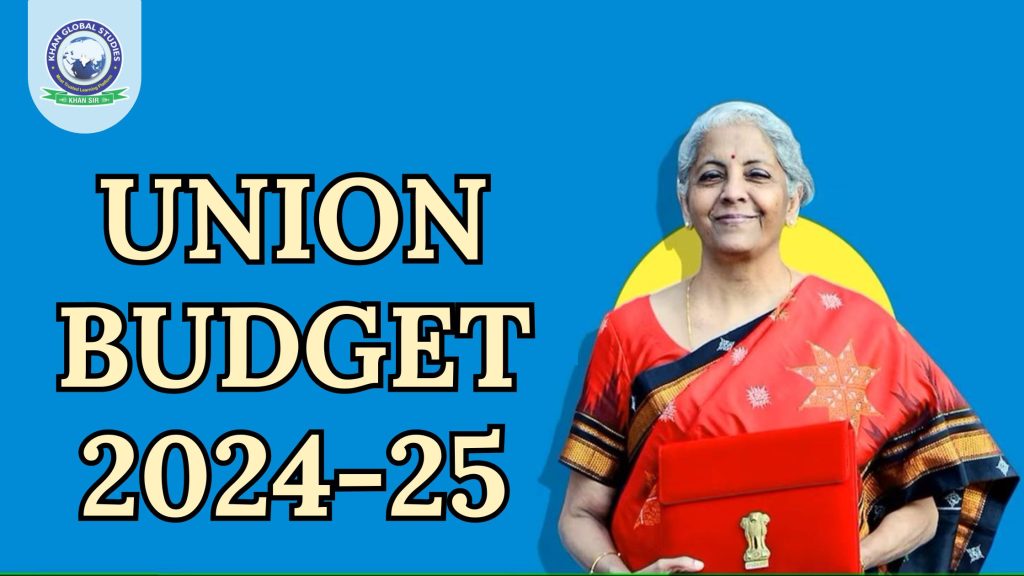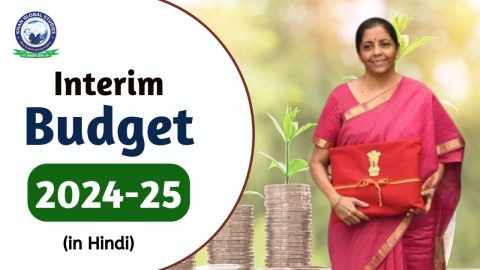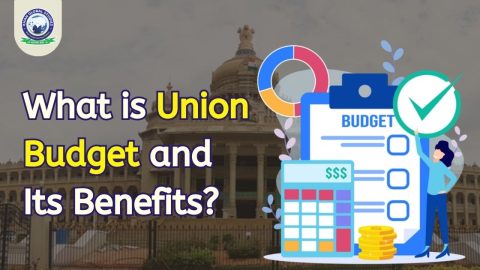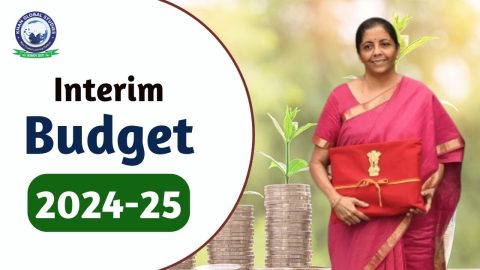The Union Budget 2024-25 presented by Finance Minister Nirmala Sitharaman outlines a vision for a ‘Viksit Bharat’ (Developed India) From rural consumption to space technology, the Finance Minister presented a budget that maintains a balance of pleasant surprises and mild shocks.
“The amount of spending in the budget across infrastructure, rural and agriculture is similar to the interim budget, with a focus on increasing efficiency in agriculture, supporting the rural economy and spending on infrastructure given the limited time in the current fiscal year”, said Rahul Singh, Chief Investment Officer, Tata Mutual Fund.
Gold
Experts believe that gold, gems, and jewellery companies will benefit from reduced import duties and tax hikes on other asset classes. “The large cut in customs duty on gold to 6 per cent will lead to a relative decrease in gold prices. However, such changes are extremely important for a healthy gold market in India as it significantly reduces the disparity in Indian gold prices,” says Chirag Mehta, Chief Investment Officer, of Quantum AMC. Stocks that fall under this theme include Titan, Mannapuram Finance and Kalyan Jewellers.
Consumption
With rural consumption expected to increase significantly, the finance minister announced an allocation of Rs 2.66 lakh crore for rural infrastructure and government schemes that boost consumption. According to Sameer Bahl, CEO – of Investment Banking, Anand Rathi Advisors, Tax benefits to the middle class as well as a focus on MSMEs and rural development will drive demand and consumption. He believes all major consumer companies that cater to rural India and mass consumption will benefit going forward. Stocks in this segment include Godrej Agrovet, HUL and Dabur.
Power and Infrastructure
As part of the Union Budget 2024, Finance Minister Nirmala Sitharaman underlined the government’s focus on energy security and transition. No new schemes were announced, but experts believe policy continuity and further announcements in the coming days could give this segment a boost such as a policy to promote pumped storage projects for power storage, research and development of small and modular nuclear reactors through partnerships with the private sector and development of advanced ultra-supercritical thermal power plants.
Sagar Lele of Rupeeting points out that a lot of work was already done in the last budget. “This is a long-term topic,” he said. Apart from the obvious focus on renewable energy, Lele points out that there has also been a significant focus on overall transformation and improvements in the grid. “This includes investments in meters, measurement systems, transmission lines, and making the entire grid smart with IoT. Irrespective of the amount of allocation, the work on this front is long-term, and I am positive about the power sector for the next three to five years, especially in supporting sectors like Hitachi Energy, which supports smart grid implementation,” he said.
On infrastructure, he said another important announcement was the focus on regions like the North East, Bihar and Andhra Pradesh. “This could lead to an increase in cement consumption in these areas, benefiting local players and the overall cement sector,” he added.
Skill Development and Job Creation
Deepak Jasani, head of retail research at HDFC Securities, believes job creation could be a key theme going forward. He points out that companies that create jobs or help people develop skills to get new jobs could do better. These include manpower companies such as Quest Corp, NIIT and Veranda Learning.
Financial Services
Anand Rathi’s Bahl believes financial services could also benefit in the long term due to the removal of indexation on real estate transactions. Also, the LTCG holding period for stocks is one year while for real estate it is two years. “These factors will lead to further diversification of investments in the stock market despite the increase in LTCG rates,” he says. This includes major mutual funds and broking firms such as Angel One.
Tax proposals
Under the newly established framework, the standard deduction for salaried individuals has been increased from Rs 50,000 to Rs 75,000. Similarly, the deduction on family pension for pension income recipients has been increased from Rs 15,000 to Rs 25,000, provided they file taxes under the new regime.
Changes in Tax Structure Under the New Regime
| Income Tax Slabe | Tax Rate |
| 0 to 3 Lakhs INR | Nil |
| 3 to 7 Lakhs INR | 5% |
| 7 to 10 Lakhs INR | 10% |
| 10 to 12 Lakhs INR | 15% |
| 12 to 15 Lakhs INR | 20% |
| Above 15 Lakhs INR | 30% |
Simplification of Capital Gains Taxation
- For the classification of assets into long-term and short-term, there will now be only two holding periods: 12 months and 24 months, eliminating the previous 36-month holding period.
- The holding period for all listed securities is now 12 months. All listed securities held for more than 12 months are classified as long-term. The holding period for all other assets is 24 months.
- Unlisted bonds and debentures are now aligned with the taxation of debt mutual funds and market-linked debentures, attracting tax on capital gains at applicable slab rates, meaning they will be treated as short-term regardless of the holding period.
- Taxation of short-term capital gains for listed equity shares, units of equity-oriented funds and units of business trusts has been increased from 15% to 20%. Other financial and non-financial assets held for the short term will continue to be taxed at slab rates.
- For the benefit of low and middle-income groups, the exemption limit on long-term capital gains from the transfer of equity shares, equity-oriented units or units of business trusts has been increased from Rs 1 lakh to Rs 1.25 lakh per annum. However, the tax rate on these gains has increased from 10% to 12.5%.
- The exemption limit of Rs. 1.25 Lakh is applicable for the entire year, while the new tax rate was implemented on 23rd July 2024.
- The tax on long-term capital gains for other financial and non-financial assets has been reduced from 20% to 12.5%. However, the indexation benefit previously available on the sale of long-term assets has been removed. Hence, any sale of long-term assets from 23rd July 2024 onwards will be taxed at a rate of 12.5% without the indexation benefit.
- It is notable that the provision of giving the benefit of fair market value (FMV) of assets as of 01.04.2001 based on cost while selling the assets remains intact despite the recent changes.
Affordable Housing
Lele believes affordable housing could also be a big theme in the future. “Programmes like affordable housing and Pradhan Mantri Awas Yojana (PMAY) drive demand for building materials like cement, pipes, cables, ceramics and metal castings. Companies like Astral, APL Apollo and companies involved in the ceramic and cable industries should remain focus stocks,” says Lele.
Though the finance minister also made announcements on space technology and waste and water management, most experts believe they are yet to yield concrete results. Nirav Karkera, Head of Research at Fisdom, believes it is still in its early stages but in the long run, it could benefit many defence companies. Some of the companies in the water management sector include Wow Tech Wabag and Anthony Waste Management.
Conclusion
In conclusion, the union budget 2024 presented by Finance Minister Nirmala Sitharaman made several important announcements across various sectors, which attempt to balance various aspects of the Indian economy. Policy changes and schemes in key sectors such as gold and gems and jewellery, rural consumption, energy and infrastructure, skill development and employment generation, financial services and affordable housing have been welcomed. Experts believe that these steps will not only boost the respective sectors but also the economy as a whole.
The impact of these policies will be seen in the future and it is expected that these steps will play a key role towards long-term economic growth and stability. This Union budget 2024 presents an inclusive approach keeping in mind the needs of both rural and urban sectors, which promises to bring a positive change in the economic scenario of the country.






